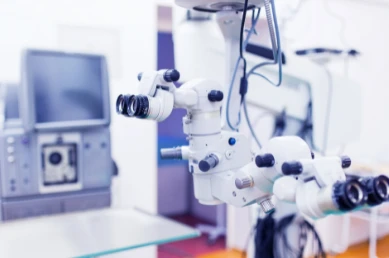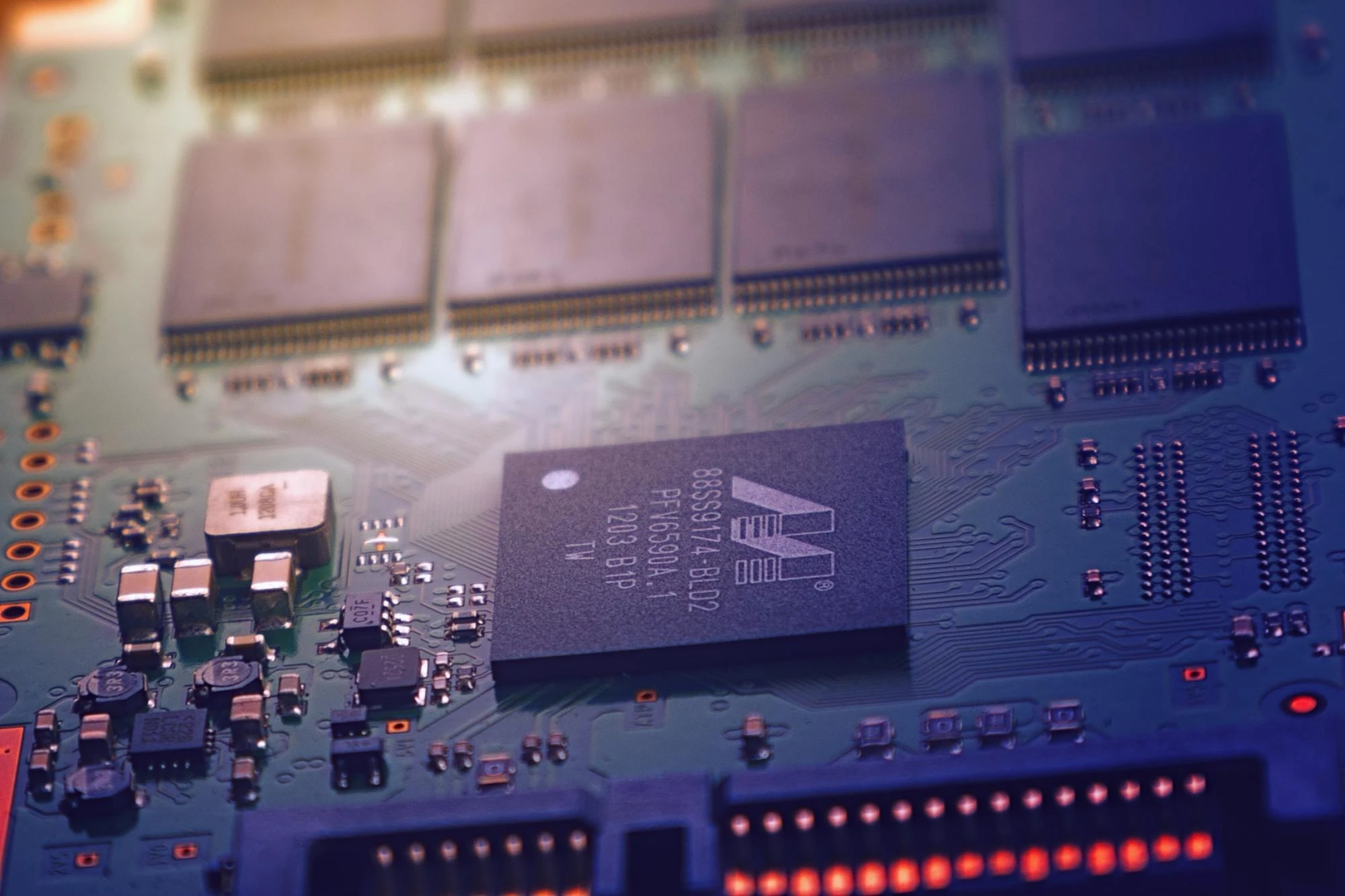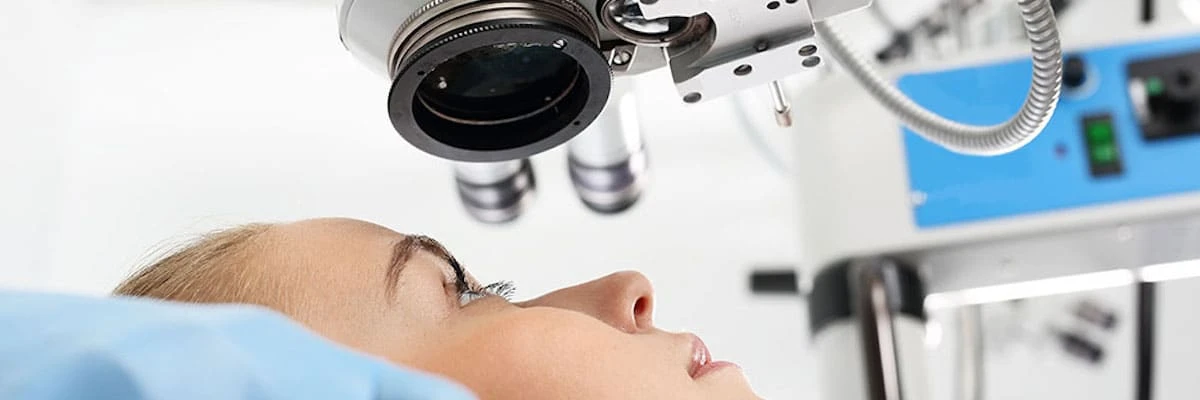Everything You Need to Know About Laser Eye Surgery
personalEYES | 11 Apr 2022

There are tons of people struggling with vision problems. In fact, there are around 2.2 billion people worldwide who deal with impaired vision.
Nowadays, people can take certain measures to make sure that their vision impairment doesn’t have as severe an effect on their lives. One type of treatment that is known to help correct vision problems is laser eye surgery.
While laser eye surgery is a fairly popular treatment, not too many people know how it works.
And when getting any treatment, be it surgery or something that’s non-invasive, it’s important to understand the details of the procedure.
That way, you can go into the treatment with realistic expectations and you have a rough idea of what’s going to happen during the procedure.
So, in this article, we’ll be diving deep into the details of laser eye surgery to help you wrap your head around the treatment.
Read on to learn more.
How Does Laser Eye Surgery Work?
Before we get into the details, it’s important to understand that laser eye surgery encompasses many types of procedures. The one thing that unites all of these procedures is the fact that the doctors will use lasers on your eyes to treat certain conditions.
In this contacts, laser eye surgery refers to a type of procedure wherein doctors reshape the cornea using highly specialised lasers. Since some common vision problems like short-sightedness and long-sightedness are caused by a misshapen cornea, laser eye surgery is a great way to correct these problems without the need for glasses.
Is Laser Eye Surgery the Same as LASIK?
As mentioned earlier, there are many different types of laser eye surgery. LASIK is simply a specific type of laser eye surgery used to correct vision problems. This is probably one of the most popular treatments today as it can be used to treat a wide variety of vision problems.
What to Expect If You Go in for Laser Eye Surgery
Since there are many people that struggle with vision problems that don’t want to wear glasses or contact lenses, laser eye surgery is the go-to alternative. But before going in for laser eye surgery, it’s important to do the research and figure out what exactly happens during the procedure and certain things you need to keep in mind.
Consultation
To start, you have to make sure you’re a good candidate for laser eye surgery. If you aren’t an ideal candidate for laser eye surgery, you might not be able to reap all the benefits of the treatment. So, some doctors won’t even offer the treatment to people who aren’t the right candidates.
If you’re a person who has had multiple prescription changes in a short period of time or if you have extreme myopia, you may not be the best candidate for laser eye surgery.
There are other factors that come into play when figuring out if a person is an ideal candidate for laser eye surgery. Examples of this are other underlining eye condition, thin cornea, extreme dry eyes, a history of infections, among others.
This is why the first step in getting laser eye surgery is an in-depth consultation with your doctor. That way, the doctor will be able to take all the factors into account and determine whether or not laser eye surgery is the right procedure for you.
If you wear contact lenses, we recommend removing them before your baseline consultation. Contact lenses may change the shape of a person’s cornea. So, in the weeks before your consultation, you may want to switch to wearing regular glasses.
During the consultation, it’s important to be as honest as possible with your doctor. That way, they have all the information they will need to determine if it's the right procedure for you.
The Actual Procedure
Once the doctor has determined that you’re a good candidate for the procedure, the next step is actually performing the surgery. The entire laser eye surgery process will only take around 30 minutes.
During the surgery, the doctor will place a numbing agent on your eye. After the numbing agent takes effect, the doctors will then clean the area around your eye and use a lid speculum to keep your eyelids open.
From there, a femtosecond laser to create a flap on your cornea. The flap would later work as a ‘band aid’ to keep your cornea protected and help increase the healing.
Once a flap has been created and lifted, the doctors will ask you to focus on a light in front of you. This is NOT the laser, but it’s used to keep your eye in one place while the laser is reshaping your cornea. When ready, the doctor will use the laser to reshape your cornea, this process would generally take several seconds to a minute depending on your prescription.
After the surgery, the doctor will place a shield over your eye to keep you from rubbing the eye and allowing the flap to heal and adhere to the cornea. There are no stitches on the corneal flap for this procedure. It’s very important to keep this shield on during the first few hours and when you sleep to avoid rubbing your eye. You must follow your eye drops regime to ensure proper recovery and infection prevent.
After Surgery
Immediately after the surgery, you may experience some discomfort in your eyes. This is completely natural and part of the process, so a doctor may prescribe you a painkiller to help with the comfort and healing process.
While healing, you may have the instinct to rub your eye. It’s important to fight this urge, as rubbing your eyes could dislodge the corneal flap, which will require another procedure to fix.
Additionally, you may experience some side effects afterwards, such as hazy and blurred vision, haloes around light sources, and others. This should last for a couple of days or sometimes weeks, which is why we recommend taking some time off of work to recover from the procedure.
Conclusion
If you’re struggling from mild astigmatism, farsightedness, and near-sightedness, you may be a good candidate for laser eye surgery. This is a procedure used to correct vision issues and is a very popular option for people looking for a permanent solution to their eye problems.
Keep in mind, that there is some risk to laser eye surgery, just like with any other type of medical procedure. But if you’re an ideal candidate for the procedure and you want to stop wearing glasses or contacts, this could be just the treatment you need.



